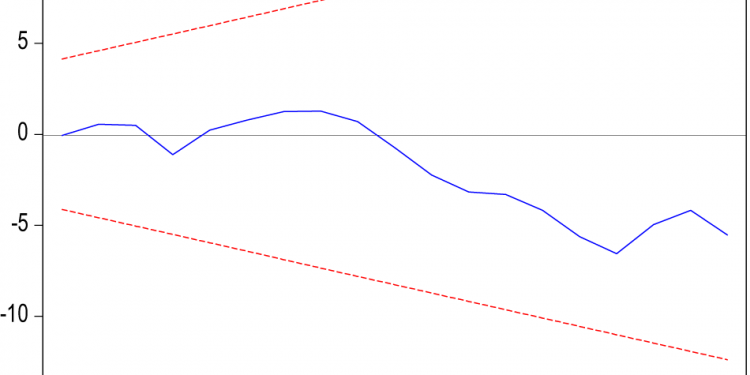Nigeria’s Minister of Finance and Coordinating Minister of the Economy, Wale Edun, announced that the government is strategically channeling increased revenue from the 2024 fiscal year into social intervention programs designed to enhance living standards and address urgent societal needs.
The minister revealed that the social investment program targets the poorest 60% of the population, aiming to support 20 million individuals. This initiative is part of a broader economic reform agenda focused on reducing inflation, generating jobs, and stimulating growth across key sectors.
In a recent address, President Bola Tinubu disclosed that Nigeria’s revenue for the first half of 2024 reached over N9.1 trillion—more than double the N4.06 trillion generated in the same period in 2023. Speaking at the 30th Nigeria Economic Summit in Abuja, Edun explained that this increased revenue is primarily allocated to finance social programs that help alleviate the financial burden of necessary reforms.
Edun stated, “The number one place to look was inwards, domestic resource mobilization. By the first half of this year, revenue had doubled.” He attributed this growth to robust technology application that has improved the efficiency of civil service operations.
The minister outlined that the social investment program is providing direct transfers to the poorest 60% of the population, with 20 million households currently receiving support. “We are on track to increase this to 15 million households,” he said, highlighting the government’s commitment to investing in its citizens.
He emphasized the importance of agriculture, manufacturing, oil, and housing as critical economic drivers, with a focus on increasing food production to reduce inflation and living costs for Nigerians.
Edun also discussed reforms in the oil and gas sector, noting significant investments from industry players, including an additional $10 million from ExxonMobil. “The oil sector is our first avenue for foreign exchange and global revenue,” he stated, expressing optimism about continued contributions from both local and foreign investors.
Additional initiatives mentioned by the minister include a student loan scheme and consumer credit for workers to purchase household goods or convert vehicles to cheaper, cleaner Compressed Natural Gas (CNG). The government is also offering grants and loans worth up to N75 billion to support one million small and micro enterprises.
For larger companies, the government is disbursing an additional N75 billion in N1 billion tranches at a 9% annual interest rate to help manage rising production costs due to recent foreign exchange adjustments.
“This is how President Tinubu and his government are utilizing the increased revenue driven by improved oil production and macroeconomic reforms, which are expected to save the country 5% of GDP,” Edun explained.
The World Bank Country Director for Nigeria, Ndiamé Diop, also acknowledged the significant revenue increase, noting an improvement in the revenue-to-GDP ratio. He cautioned that Nigeria’s fiscal trajectory, where 12.9% of GDP was spent against only 7.6% covered by revenue, posed a risk of crisis, highlighting the necessity of ongoing reforms for fiscal stability and sustainable economic growth.










